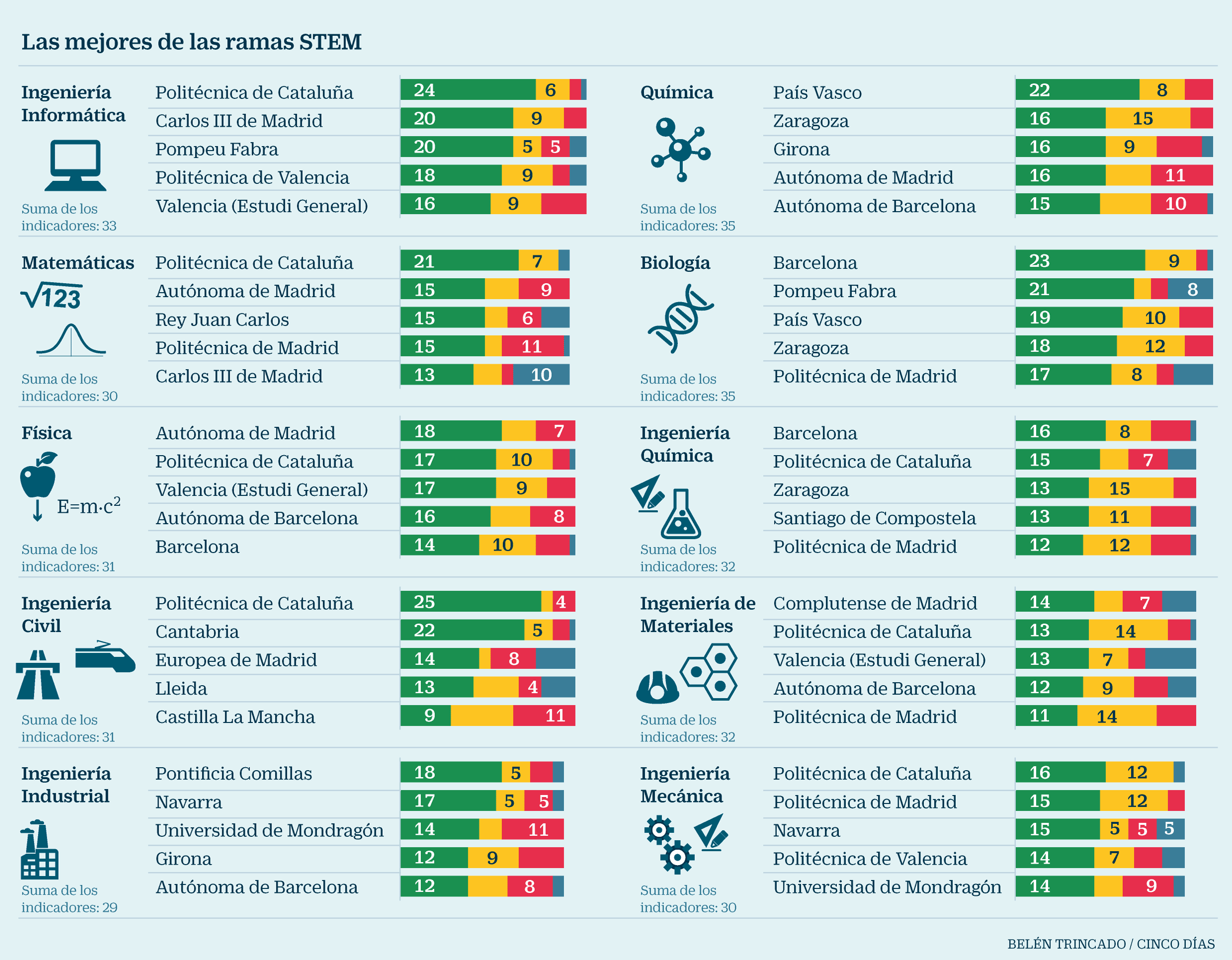14/06/2019
Having a good competence in mathematics increases the possibility that the salary will grow by 22%. Only next year, Spain
you will need three million of science, math and technology professionals.
It is clear that STEM careers (for their initials in English, science, technology, engineering and mathematics) provide the knowledge that will be most valued in the future, but … what are they and where to study them?
Although digital skills are already required in 90% of jobs, careers considered as STEM are the most appreciated in a labor market that each year leaves an increasing number of jobs uncovered in the European Union in the technology sector.

In the image, DigitalES signs an agreement with the Francisco de Vitoria University to promote education and training in STEM subjects
And we not only talk about jobs, but about remuneration. The report‘Women in the digital economy’ , produced by DigitalES and Quanticae, reveals that the average salary in the technology sector is much higher than in other sectors, up to 22.1% more women.
10 races can be included in the STEM category. Mathematics, Physics, Chemistry, Biology and six engineering: Computer, Industrial, Civil, Mechanical, Electrical and Chemical. At least these are the ten that theRanking CYD, in which the performance of 73 of the 81 centers in Spain is analyzed and scored.
And according to this study, the best universities to study STEM subjects are the Autonomous University of Madrid, the University of Barcelona, the Basque Country, the Polytechnic of Catalonia and the Pontificia Comillas, all public except the last one.
However, in each of the branches stand other centers where universities also appear in Valencia, Zaragoza, Girona, Castilla-La Mancha or Santiago de Compostela. It is not a minor choice. The salary and the professional projection will depend on the choice of the studies and the center where we study them in the years to come.

Spain, and Europe, still need STEM graduates. Especially women, since the number of registrations in these subjectshas decreased by 25% in Europe and an alarming 40% in Spain. Of every 1,000 graduates in these careers in the EU, only 29 are girls. Less than 3%
It is not just a question of salaries or vocations. Promoting STEM knowledge is key to promoting equal pay, employment and eliminating glass ceilings to achieve parity in positions of relevance. Choosing the right university or center to train is also key to this.










